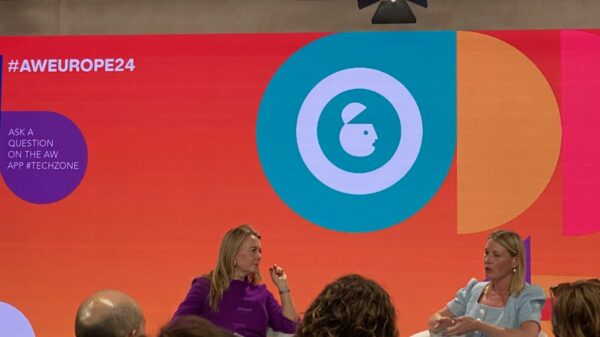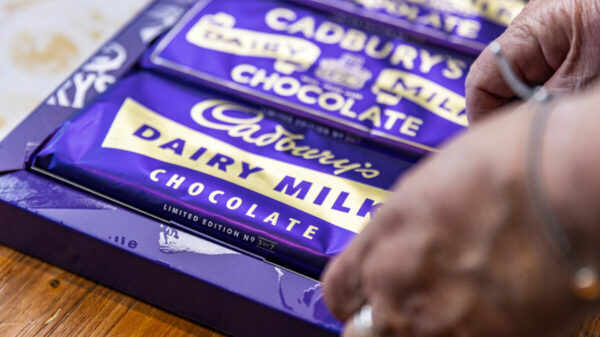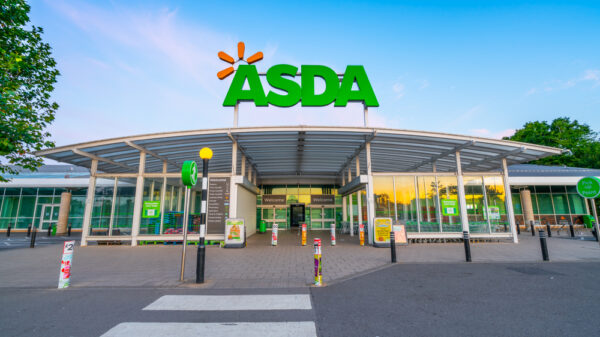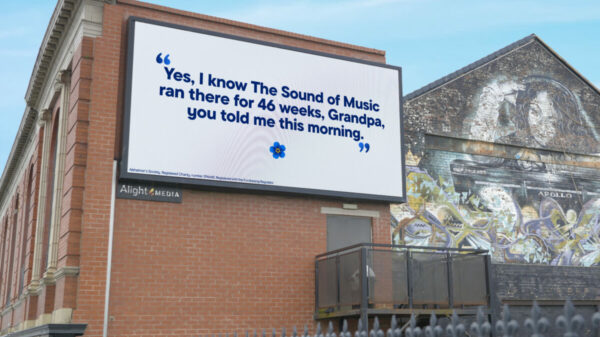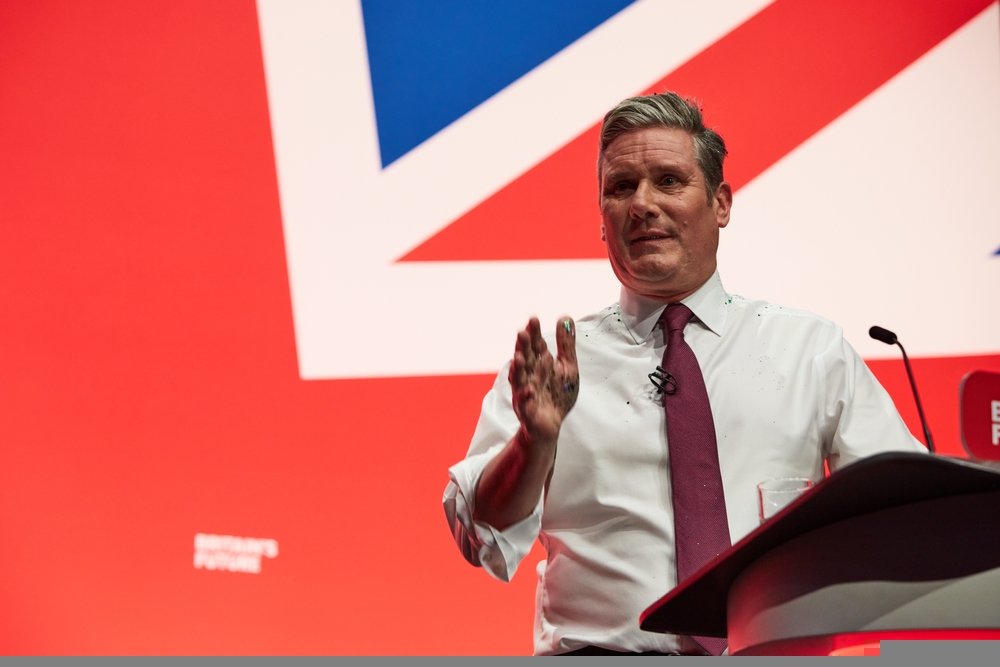Laura McGill, Head of Marketing for global promotions company, Benamic, explores the landscape of opportunities and challenges that the RWC presents for brands.
Global sporting events – from the FIFA World Cup to the Olympic Games – have long been platforms that attract worldwide attention, offering unparalleled opportunities for engagement with international audiences. The Rugby World Cup stands as a compelling example, with its unique characteristics and audience demographics.
Fans worldwide are already enjoying every crunching tackle and weaving try as 20 international teams embark on their journey to be crowned 2023 Rugby World Cup champions on October 28th.
Events like the Rugby World Cup not only captivate sports enthusiasts but also pique the interest of marketers. They offer a platform for engagement with passionate consumers, although it should be noted that official partnerships often provide the most direct and legally sound avenues for brand promotion.
The men’s Rugby World Cup is now the third biggest sporting event behind the FIFA World Cup and Olympic Games. With each iteration, the event appears to expand its reach and impact.
According to a report by EY, the last RWC held in Japan in 2019 generated nearly £4.3 billion in economic impact, marking it as the most economically successful Rugby World Cup to date. It also saw a significant surge in digital engagement. The tournament experienced a fivefold increase (2.04 billion views) in the number of times the games were viewed on social media compared to 2015 (370 million views).
But RWC 2023 has already beaten the 2019 competition in terms of ticket sales and is the fastest selling tournament ever. “More than 2.5 million tickets [have been] sold, which is the capacity of the tournament,” Michel Poussau, World Rugby’s Chief of Events and Rugby World Cup 2023 Executive Director, told SportsPro.
Poussau also said he was “optimistic” that viewership for the 2023 Rugby World Cup would eclipse the 857 million people who tuned in to the 2019 edition in Japan.
What’s more, the Rugby World Cup is expanding its reach with female fans – currently making up 4 in 10 of the audience – and increasing popularity in regions such as Asia, particularly after the 2019 RWC in Japan. If the popular rise of women’s football is anything to go by, rugby’s female following, and international competition status may well enjoy a similar trajectory. This suggests a widening scope for brands to engage with diverse demographics, though it’s important for marketers to navigate this space respectfully and within the bounds of official guidelines.
The 2019 RWC illustrated how time differences can create unique opportunities for brand engagement, particularly through TV streaming services. In fact, GWI reported that 87% of fans said they don’t mind streaming ads as long as they’re able to see the content they want to watch (26%), the video plays in good quality (27%), or the services are free (45%).
Subscribe to Marketing Beat for free
Sign up here to get the latest broadcast advertising news sent straight to your inbox each morning
A 2018 GWI study found that 49% of respondents engage in ‘second screening’, using social media whilst watching TV. Of these, 18% comment on Facebook about a sports event, and 14% tweet about it while watching. 34% said they follow sports stars on social media and 3 in 10 said watching/following sports events is one of their main reasons for using social media.
Despite the 2023 tournament being closer to home this year, and ITV offering live and free coverage of the 2023 Rugby World Cup in the UK, there is a large contingent of consumers who will be using streaming services to catch up, watch or re-live epic moments. The scope for advertising through this channel, alongside in-game, pre-game, and post-game social media targeting, is extensive, though brands should adhere to guidelines and regulations set by the respective sporting bodies. Rugby fans often engage across multiple channels, a characteristic that presents an avenue for both official and careful unofficial marketing strategies.Research by GWI also highlights the fact that rugby fans are an affluent, brand-conscious but also community-driven audience. According to GWI, Rugby World Cup fans are 34% more likely to buy a product simply for the experience of being part of the community built around it. Any marketing strategy targeting rugby fans needs to foster this sense of belonging that they strive to feel part of.
Rugby fans, often more affluent according to GWI data, tend to display a long-term loyalty to brands that engage them in a meaningful way. 65% of rugby fans agreed that they tend to stick to a brand if they like it, and 55% agreed that they tended to opt in for personalised loyalty rewards or promotions from brands.
The data-backed growth in the scale and reach of the RWC is undeniable. Each new competition surpasses previous records in viewership and ticket sales, and the sport’s rising popularity in emerging markets and among diverse demographics indicates a new trajectory for growth.
In summary, the growing appeal and expanding demographics of the Rugby World Cup affirm its position as a significant event in the global sports calendar, sitting comfortably alongside the FIFA World Cup and the Olympic Games. The opportunities for brand engagement are varied and abundant, yet they come with their own set of challenges and responsibilities. Brands—whether official partners or not—must navigate this space with care, respect for the community, and within the confines of legal and ethical guidelines. As the RWC continues to break new ground in terms of reach and impact, the onus is on marketers to approach this platform with the same level of innovation and integrity. The evolving landscape of global sports marketing makes the Rugby World Cup a compelling case study, not just for rugby enthusiasts but for the marketing community at large.
